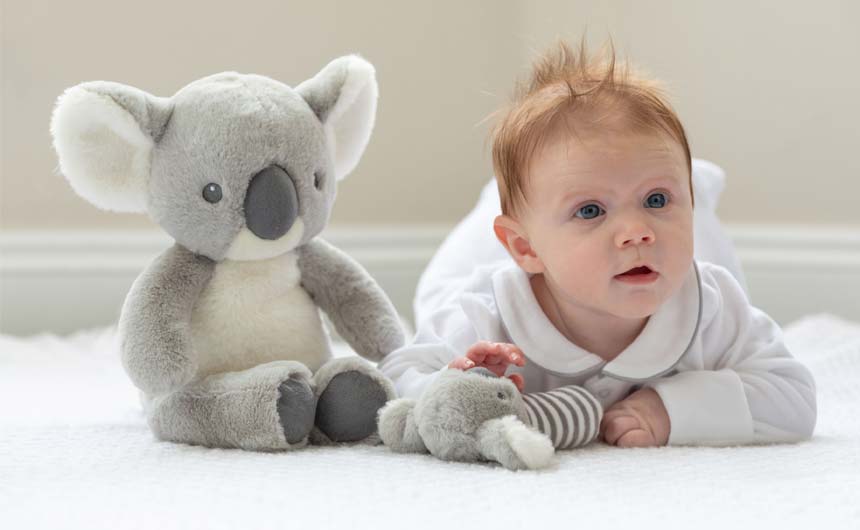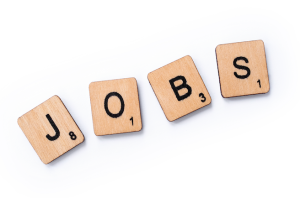Steve Cox, UK sales director at Keel Toys, explains what steps the company has been taking in its sustainable journey and what needs to change in the wider toy industry.
How does the toy industry need to change from a sustainability viewpoint?
There has been a big focus on sustainability issues within the toy industry for some years and we have seen a lot of work being done to reduce packaging and introducing sustainable materials such as FSC wood, which is now widely used. The big change, of course, will be when the industry finally finds a source of reusable and recycled plastic for toys.
What changes are you making at Keel Toys?
Fortunately, at Keel Toys, our speciality is soft toys, which has made it possible for us to introduce sustainable ranges very quickly. Soft toys obviously use fabric and there has been lots of development in this area, particularly with polyester and recycled plastics being made into fabric. As a result, we’ve been able to develop whole ranges of 100% recycled soft toys made from recycled plastic with recycled glass used for weights, which are part of the Keeleco range we launched last year.
The process to develop a more sustainable range took between 12 and 18 months. Much of that time was focused on finding the right fabrics and we learned a lot along the way. We thought we may have to source organic cotton for stitching, for example, but then found we could get recycled polyester thread. We also needed to find the right suppliers in the Far East.
We’ve gone through lots of accreditation processes and are now audited against the Global Recycling Standard, which was introduced for clothing. It’s so important to us that we are 100 per cent transparent and that we can prove that, when we say our toys are 100 per cent recycled, they are.
Tell us more about Keeleco?
We launched Keeleco in January 2020 – just before the pandemic hit. We had the most successful trade shows and sell in ever and were really excited about the launch. Then Covid hit and we were worried that our factories in China would close and there would be no production but, eight weeks later, everything turned around; the factories opened, and it was the UK that went in lockdown.
When things opened up again last summer, including zoos and attractions, we experienced huge uptake for the range, which was amazing. It’s one of the most significant ranges we have in our portfolio, alongside Animotsu and our classic dog ranges. We launched a wildlife range last year, have plans for a baby range in 2021 and are working on two or three exciting ranges for next year, which we are hoping to launch this autumn.

Does it cost more to be sustainable?
The brilliant thing for us was that, no, it wasn’t more expensive to create Keeleco. In fact, given the cost of cardboard, etc, it makes commercial as well as environmental sense for some manufacturers withing the toy industry to adopt a more sustainable approach with regards to reducing packaging. Goodness knows, there are plenty of other cost pressures on toy manufacturers right now, including the rising price of shipping containers.
When it came to pricing Keeleco toys, we were aware that many eco brands are charged at a premium, but we refused to do that. It’s more important to us that these toys are made available to as many people as possible.
What advice would you offer to other toy manufacturers?
My overriding thought is, if you can, why not? Sustainability and saving the planet are crucial. But the most important thing is that you have the desire for the entire business to be sustainable and not just your products: we’ve changed our cars to electric, lightbulbs to LED, and so on. We’ve a long way to go, but we’re 100% invested in getting there.
Why is B&LIS a must-attend event?
Sustainability and the planet must be at the centre of the modern business going forward. It’s as simple as that, in my opinion. What is also important is transparency: that you are actually doing what you say you’re doing, and that you can prove it. There is no place for greenwashing. Being sustainable can’t be just about a product line – it must be a way of thinking and being.
Steve will be joining Gibson Games’ Kate Gibson, Claire Bradbury from PowerStation Studios and Steve Plackett of Carousel Calendars for ‘Green Room: An Audience with Industry Changemakers’ to talk about the sustainability measures the business has introduced and why. Day two of Brand & Licensing Innovation Summit focuses on CSR and sustainability and has been curated by Products of Change.
Brand & Licensing Innovation Summit takes place online from 9-11 June. You can find out more by clicking here.
























